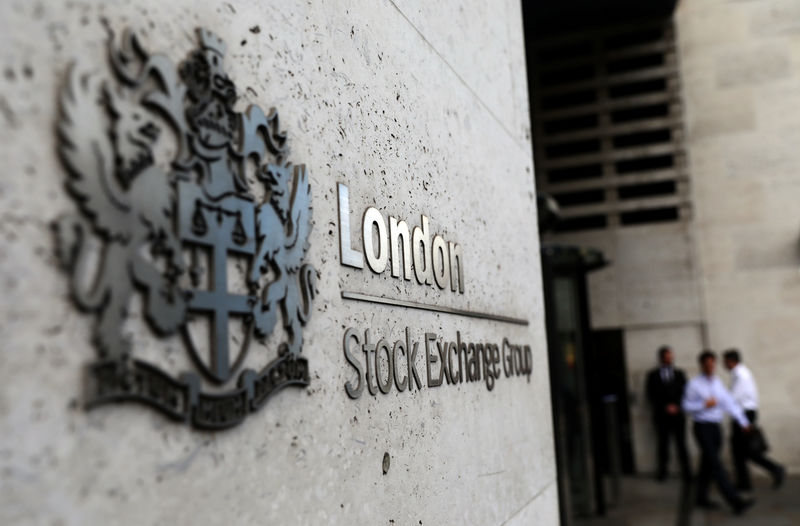This post was originally published on this site
https://i-invdn-com.akamaized.net/news/LYNXNPED7U0N6_M.jpg
The pair, who run a fund for Premier Miton Group Plc, bought a stake in Synairgen Plc, a 52 million-pound ($66 million) respiratory drug developer that began clinical trials of a Covid-19 treatment at the end of that month. As the study advanced, the company’s shares soared; they’re up nearly 500% this year.
Boosted by such dramatic performance, Williams (NYSE:WMB) and Turner’s LF Miton U.K. Smaller Companies Fund has gained 20.5% this year, far outstripping its closest competitor, according to Morningstar Inc. data. In fact, most of the biggest U.K. small-cap funds are down, and the benchmark index has dropped about 20%.
The Miton fund was well placed for the virus chaos because it invests in companies with strong balance sheets that can potentially benefit in a recession, Williams said. And when it comes to scooping up bargains in the aftermath of a massive sell-off in the market, focusing on small companies can be an advantage.
“These stocks are traded less frequently, so you don’t have to move extra fast,” Williams said. “There’s plenty of time to load up on stocks after they’ve sold off.”
Virus Test
The U.K. stock market was pummeled in March by the outbreak and the economic lockdown the government imposed to slow it down. Many stocks have since recovered some of their value, buoyed by the massive stimulus unleashed by the government and the Bank of England, but most U.K. equity funds remain down for the year, Morningstar data show.
Williams and Turner came into 2020 with key holdings already in place, particularly the stake they acquired in life sciences firm Avacta Group Plc. Its shares have rocketed 755% this year with a diagnostic test for the Covid-19 infection reaching the prototype stage this week.
Their 54 million-pound fund was also lifted by its long-held stake in digital privacy firm Kape Technologies Plc, which benefited from the surge in people working from home during the lockdown. Kape’s share price has been “resilient even through the market sell-off, where it fell a bit before rising back to an even higher level,” Williams said.
Looking ahead, the managers in May bought “stunningly cheap” shares in ink-jet printing technology company Xaar Plc and Cenkos Securities Plc, Williams said. Both are profitable businesses with cash on hand to fuel growth while many of their competitors struggle with stretched balance sheets, he said.
Woodford Effect
What these small-cap specialists didn’t do was invest in unlisted companies, the strategy that helped bring down once-famed stock picker Neil Woodford. The collapse of his business, combined with uncertainty about the outcomes of Brexit and the U.K. general election last year, scared a lot of investors off small British companies.
“All of that contributed to people avoiding U.K. small-cap stocks generally,” Williams said. “Even though the balance sheets and underlying fundamentals of companies we hold were fine, people just weren’t interested.”
Looking ahead, a lot of small companies could go bust during what could be the U.K.’s deepest recession in three centuries. Banks will be hit with loan defaults and may become more careful about lending, and the times of “easy gushing debt and equity” will come to an end, Williams said. And that will make a focus on solid research and strong balance sheets all the more important.
“We don’t tend to buy the exciting growth stocks,” Williams said. “We’re much more about keeping our feet on the ground, and we’re interested in cash and cash paybacks.”
©2020 Bloomberg L.P.

